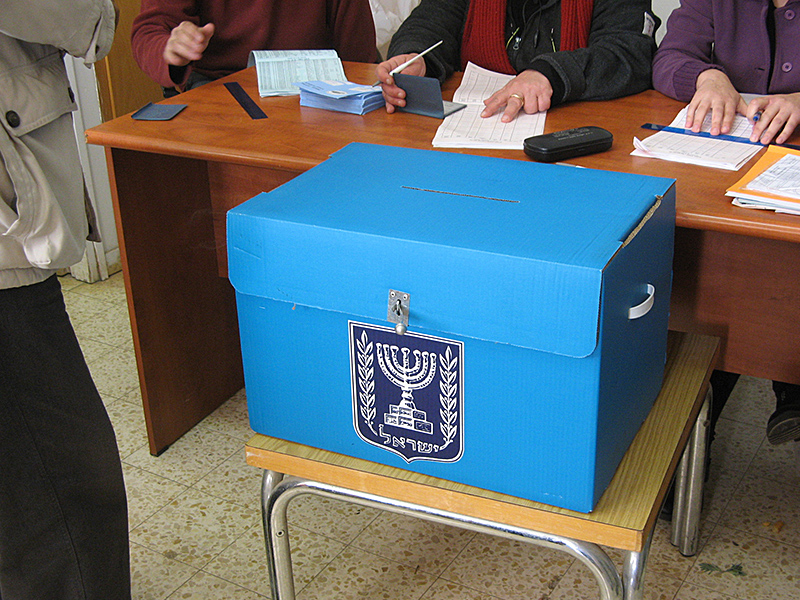It’s a fair bet that most Canadian Jews have never heard of the World Zionist Congress (WZC).
Founded over a century ago by Theodor Herzl himself, the WZC is “actually really important,” as The Forward recently put it.
Meeting only once every five years, it’s been called the supreme ideological and policy-making body of the Zionist movement. Delegates allocate nearly $1 billion annually to support Israel and world Jewry through some of their most august institutions: The World Zionist Organization, the Jewish National Fund, and the Jewish Agency for Israel.
Despite its low profile, it makes big decisions about the policies and leadership of those organizations – and has money. The congress “represents the entire political and religious spectrum of the Zionist movement” and is “by far the largest and most widespread democratic exercise in the Jewish world today,” it says.
The 38th WZC will meet in Jerusalem this Oct. 20-22. Some 525 delegates – with about 38 per cent from Israel, 30 per cent from the United States, and one-third from the rest of the Diaspora – are expected.
The World Zionist Organization (WZO) determines each country’s number of delegates based on their Jewish populations. Earlier this month, Canada was allotted 20 delegates, the same as in 2015. It’s the third largest delegation in the Diaspora, after the United States and France.
Les Rothschild, president of the Canadian Zionist Federation (CZF), said he will appeal the latest allocation to Canada because the country’s Jewish population has changed from five years ago.
In the U.S., elections for delegates from among 15 diverse slates will take place until March 11. In Canada, there hasn’t been an election of delegates to the WZC since 2005.
According to Rothschild, elections will happen here this time only if the constituent members of CZF cannot agree on how to divide the 20 allocated delegates.
The Canadian makeup five years ago was:
- Seven delegates for Mizrachi Canada, which is Orthodox and “Torah-driven.”
- Six for ARZA Canada, an affiliate of the Union for Reform Judaism and a member of ARZENU, the International Association of Reform Zionists.
- Three for Mercaz Canada, affiliated with Masorti/Conservative Judaism.
- Two for the Canadian Forum of Russian Speaking Jewry.
- One for Ameinu Canada (liberal-progressive).
- One for Meretz Canada, affiliated with the left-wing Israeli political party of the same name.
A different mix will be needed this time thanks to a new CZF member: Herut Canada. Dormant for many years in this country, the right-wing group was revitalized last spring.
To settle the matter, each organization has to submit its membership by March 1. If members can’t agree on the Canadian delegation’s makeup, “then there will be a decision on whether to hold elections,” Rothschild said.
“There has to be 100 per cent agreement. If one party says, ‘I want an election,’ then we have an election,” which would be held online in May or June, Rothschild said. “If everybody’s happy, then there’s no election.”
Only members of CZF affiliates can vote in an election, he said, with outcomes based on who gets the vote out best.
While agreeing that the WZC has low visibility, Rothschild called it “a chance to voice opinion from across the spectrum, from far right to far left and everything in between.”
Rabbi Jennifer Gorman, executive director of Mercaz Canada, agreed.
The congress “is the only place where we, as Diaspora Jews, have a say in what goes on in Israel. We have a right and an obligation to vote in Canada,” she told The CJN. “We also have a right and an obligation to vote in Israel, and this is the place.”
A recent mailing across North America from the Ramah Camping Movement, which is affiliated with the Conservative movement, urged Jews to support the Mercaz slate with a view “to help break the ultra-Orthodox’s firm grasp on all religious matters, paving the way for the growth of Conservative/Masorti Judaism in Israel.”
The Reform slate’s strong showing in 2015 allowed it to name board members to the Jewish National Fund, according to The Forward.
